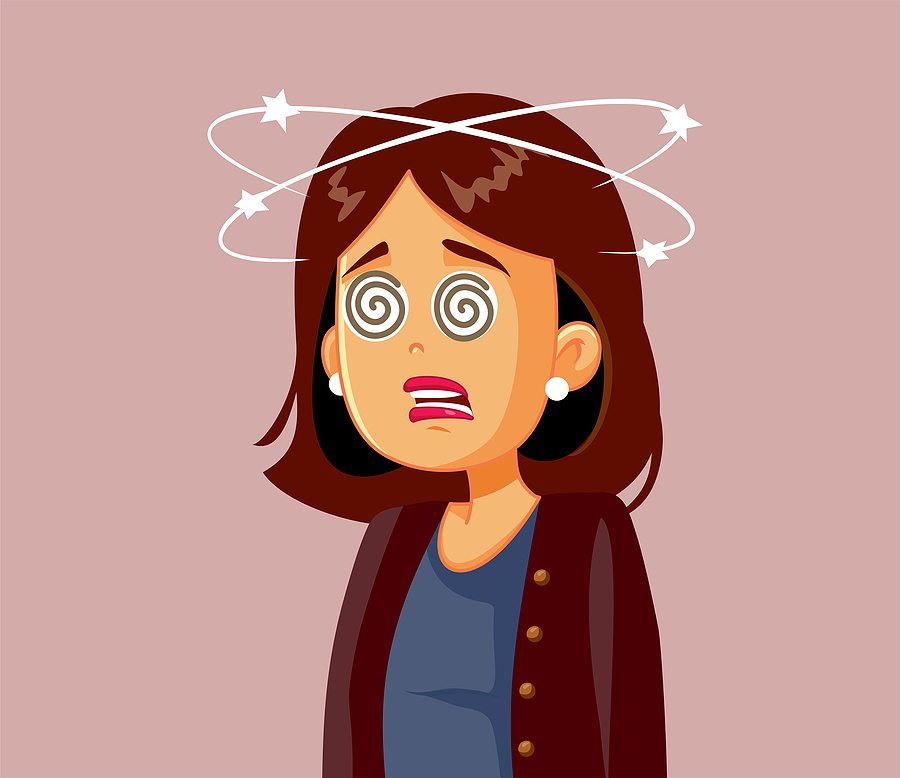If you remember that song from 1969 you’re old enough to find yourself dealing with dizziness at times. So what should we do about it?
Low blood pressure
Often it’s just a few seconds of lightheadedness as we stand up. This happens because of a drop in blood pressure and we feel woozy as our bodies take a moment to adjust.
It’s rarely a major issue, but if the feeling lasts much longer than a few seconds and happens a lot, talk to your GP.
Dehydration
As the weather heats up, it’s also worth a reminder to ourselves that dehydration is another cause of dizziness. Summer’s on its way and we need to do what it takes to drink enough water.
Vertigo
Some of us will have experienced that nauseous feeling of vertigo when our heads, or more likely, the room, is spinning. As we get older we’re more susceptible to movement of the tiny inner-ear crystals that help us stay balanced.
This has only happened to me once, a few years ago, when I bent over to tie my shoelaces early in the morning. A friend told me what to put into Google to find the right exercise to resolve it. It worked first time, and I haven’t had it since.
Now, neither of us can remember what she told me, but ask Google to hunt down the Epley Manoeuvre. It involves moving the head to help the crystals back into position. Something like ‘exercise to reset ear crystals’ will also do the job.
The medical name for this is ‘benign paroxysmal positional vertigo’ or BPPV. If this exercise doesn’t fix it, see your doctor.
Your meds
Some medications can bring about dizziness. Blood pressure meds are a common one; if you’re feeling lightheaded your GP might need to change the dose or the prescription. But a range of drugs can do this, including those for anxiety and depression. Be sure to let your doctor know if it happens.
Could it be your heart?
If an older person falls and has no idea how it happened, their GP is likely to check their heart. Dizziness can be a sign of atrial fibrillation (irregular heartbeat) or heart failure, but it can also occur with a heart attack. Of course, if you experience symptoms such as tightness in the chest, intense fatigue, breathlessness, or nausea, get to hospital straight away.
Finally, stress and anxiety can bring about different types of symptoms, and dizziness can be one.
Bottom line: if you do strike patches of feeling this way, don’t ignore it. Try to find out why it’s happening. And if it’s more than momentary, talk to your GP.
Image Source: Bigstock

